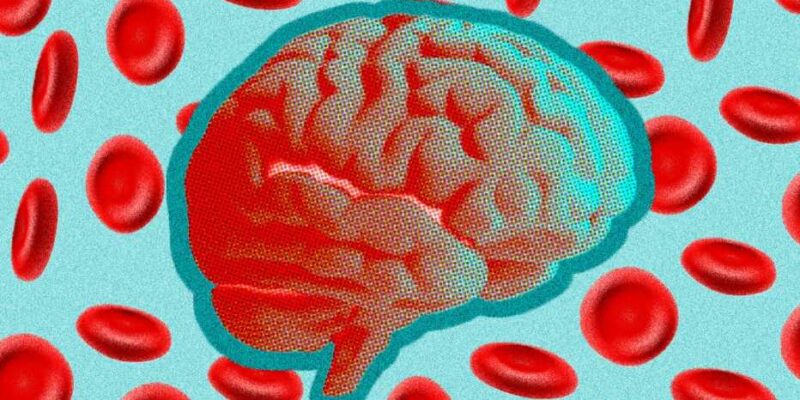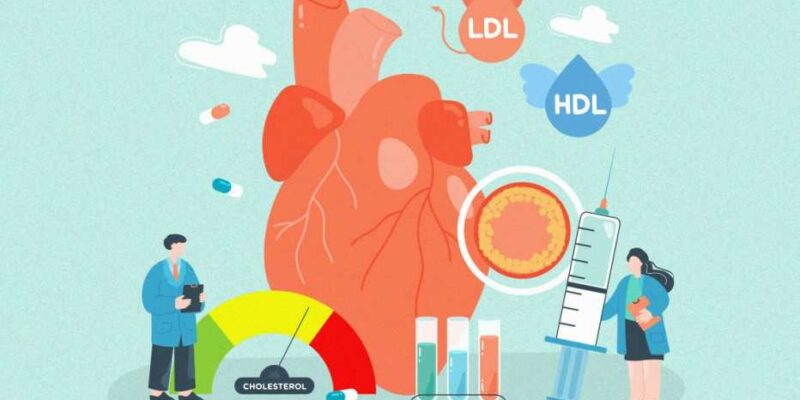A blood test that is being used in research studies but is not yet available in doctors’ offices was found to be highly accurate at…
Boost Your Brain With Improv Games to Live a Longer, Happier Life
Can freestyle rap music and improvisational games improve your confidence, creativity and mindfulness, and help you feel less socially isolated? And can the improv help stem…
1-Minute Workouts to Make You Stronger
Though you know you need to exercise, you may feel like you don’t have the resolve, interest or time to get physically fit. You aren’t…
Can Too Much ‘Good Cholesterol’ Be a Bad Thing?
Cholesterol conversations tend to focus on the “bad” kind, more officially known as low-density lipoprotein (LDL) cholesterol, which can raise your risk for heart disease, stroke and…
How to Stay Safe in Extreme Cold
Winter can bring arctic blasts, snowstorms, ice and sleet. And more often these days, areas of the country unaccustomed to that type of severe weather…
Test Your Brain Fitness
What a simple battery of tasks can — and cannot — tell about cognition Banana. Sunrise. Chair. Read these three words aloud and commit them…








